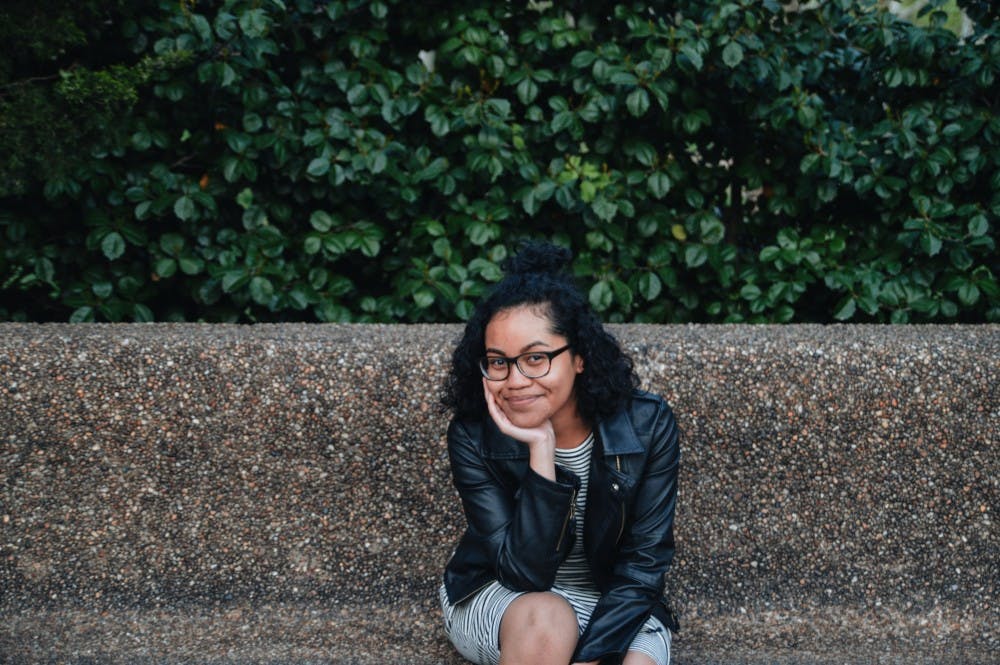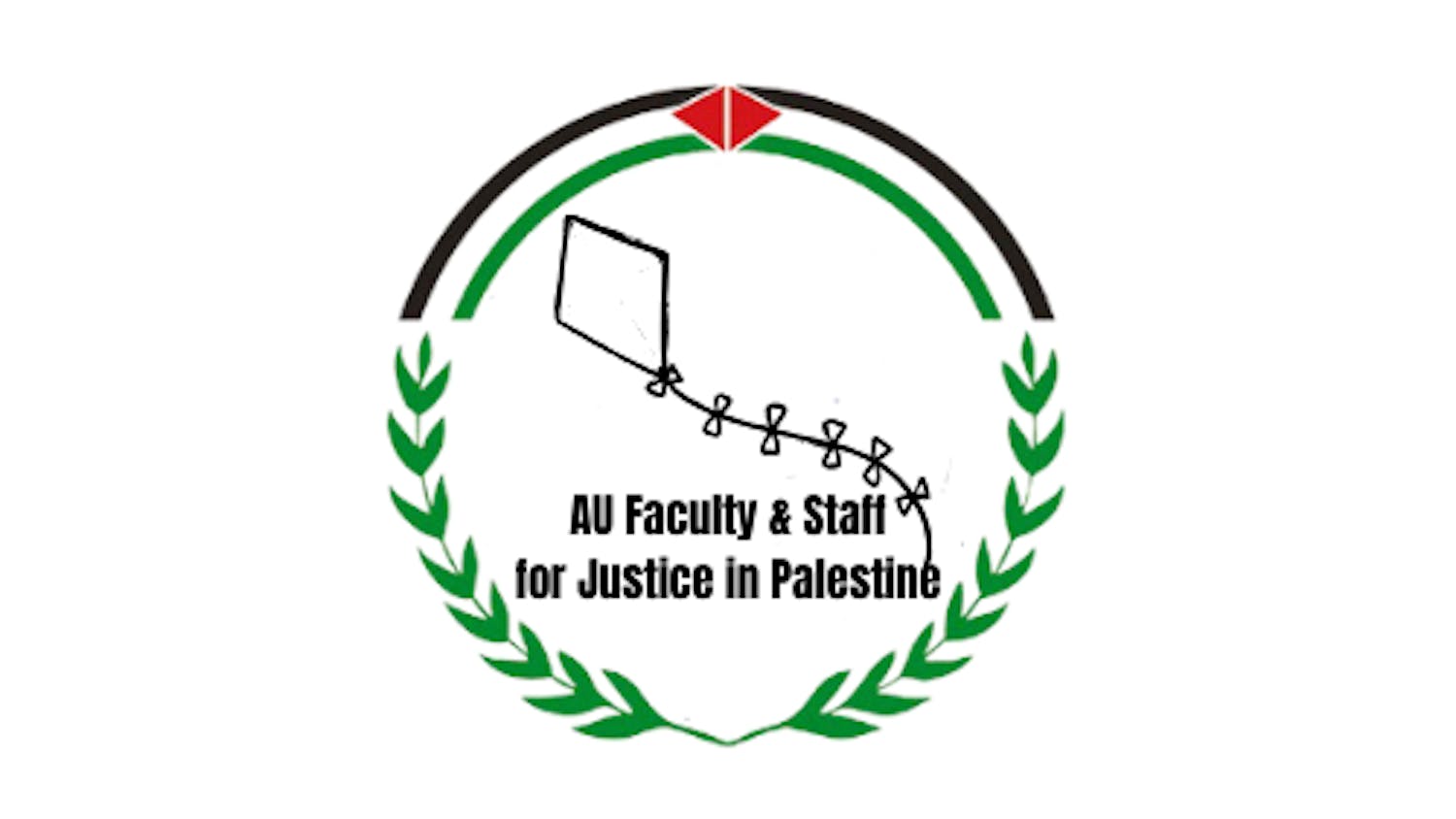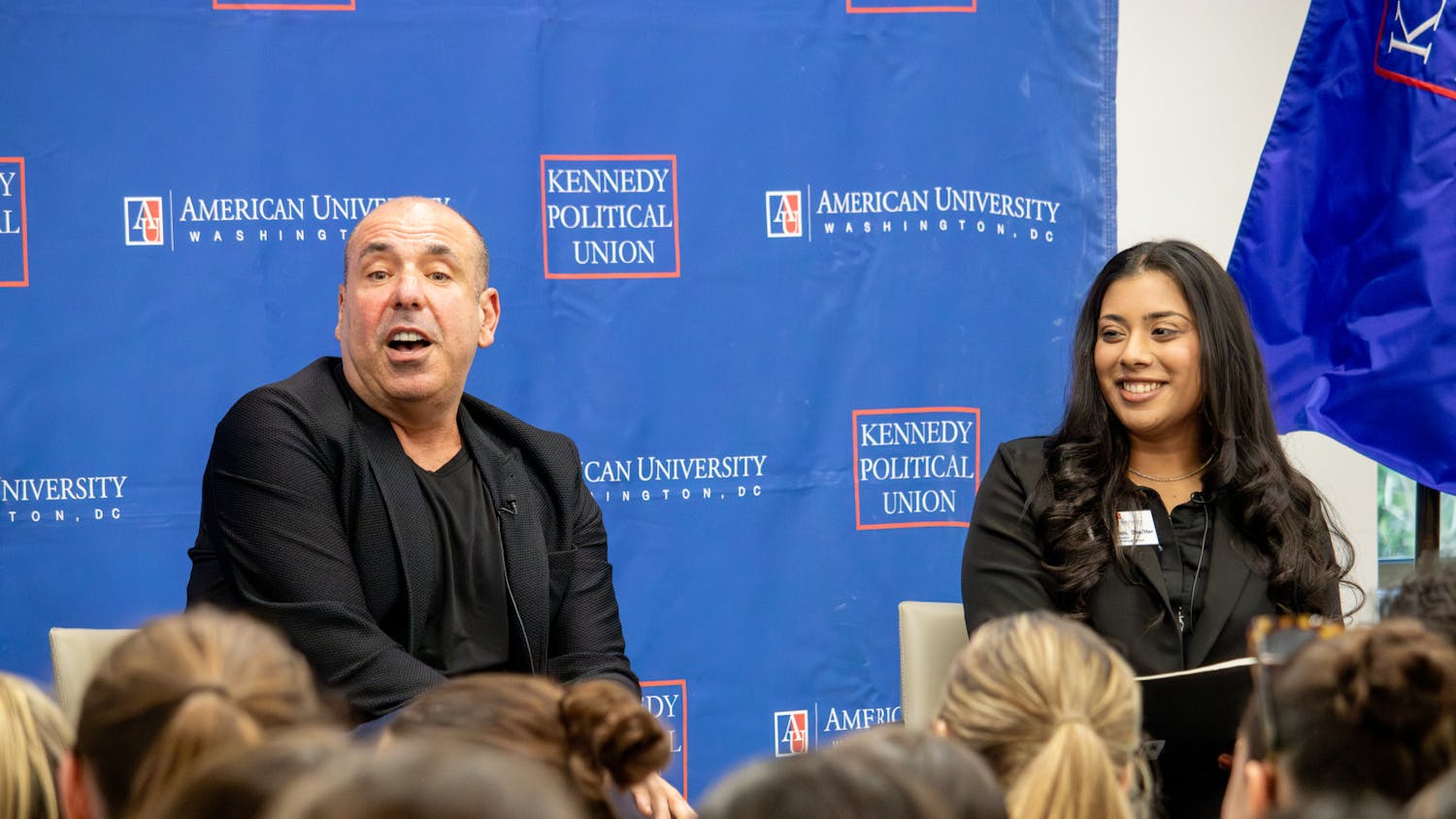I remember the saying “a square is a rectangle, but not every rectangle is a square” because it applies to conversations about People of Color. A person of color refers to an individual who is not fully of white or European heritage. There are dozens of communities within the category “People of Color” or “PoC,” such as Asian American & Pacific Islanders, Latinx and Black people. While all PoC in America face a number of disadvantages based on their heritage, their struggles are unique and thus cannot be simplified. It is especially important to recognize the different experiences that PoC face, because the way that racism affects people can be measured on a spectrum.
When I look at group photos of me and my friends, one thing that stands out is our diversity. I have friends from many different racial and ethnic backgrounds, and that means many different stories of how their race and womanhood contribute to their everyday experiences. As a Chinese-American and African-American woman, I have dealt with gross fetishizing comments about my Asian features, as well as unwanted advice for how to “survive as a Black woman” from men. While other identities and personality traits contribute to the kind of people we are, race plays a major role in how other people will treat us. Asian women face disturbing normalized assumptions about their sexuality, often marked as passive and obedient. Similarly, Black women struggle to overcome racism and sexism when the general public accepts that they are the “least likely to be married” and have “attitude problems.”
Respect for other communities within the umbrella of PoC is necessary if we want to strengthen our allegiance. We must keep in mind that our common goal should be dismantling the racist systems in America, not quarreling amongst each other. Problems that we can categorize as inter-PoC, which means they relate to two or more groups of PoC, seem most prevalent today. For example, the Black Lives Matter movement stemmed from a Twitter hashtag created by queer Black women. Today, what was once a hashtag now represents a socio-political movement that has entered conversations in the workplace and classroom. However when other communities intentionally insert their own name into the template, like “Brown Lives Matter,” it serves an act of erasure because it disregards the original message and its creators.
Of course, there are instances of non-Black PoC rising to the occasion to speak out against injustice against Black people. Earlier this month when two unarmed Black men were murdered by the police, the Black Lives Matter movement made national news again with their peaceful protests. But now we’re seeing new faces among the protesting crowds. “Asians4BlackLives” is a collective comprised of San Francisco based Asian activists in support of the Black Lives Matter movement. Its platform calls for ending racism within Asian communities and encouraging the liberation of both Black and Asian people. Its first principle explicitly calls for the unification of PoC, as stated on its website page Who We Are: “We acknowledge that we, as Asians, have often been used as part of a ‘divide-and-conquer’ strategy to uphold white supremacy. We refuse to be used as tools to uphold a racist and violent system.” Asians4BlackLives is a perfect example of how non-Black PoC can unite under the shared goal of dismantling white supremacy.
Despite this singular example of PoC protesting for change and solidarity, the list of inter-PoC “offenses” goes on. Azaelia Banks, a Black female rapper, made derogatory comments aimed toward Indians when she called them “curry smelling bitches.” Additionally, when non-Black PoC use the “n-word” it contributes to a blatant disrespect for Black people and their decision to reclaim a historically oppressive slur. Cultural appropriation is not limited to white people, either; there are other examples of PoC wrongfully turning other’s cultures into watered down fashion statements. Keith Ape, a notable rapper in South Korea, gained international attention with his music video “It G Ma.” In the video, he wears grills and other black stereotypes in what seems like an attempt to legitimize his career as a rapper. And even more recently photos of Jeremy Lin, a famous Asian American NBA player, surfaced in which the athlete wears cornrows.
Just as inter-PoC incidents prevent PoC from putting aside our differences to work toward our common goal, there are problems within singular communities. These “intra-PoC” problems occur when people criticize, shame or do wrong unto people of their own communities. For example, colorism is still extremely prevalent globally. Favoring lighter skin over darker skin is an act of colorism. This kind of thinking leads to slurs directed against darker skinned individuals. I’ve seen colorism plague the Black community first-hand in two ways. Firstly, my darker skinned Black friends suffer from low-self esteem when Black men express a disinterest for them on the basis that they are “too dark.” Secondly, lighter skinned Black people are placed in uncomfortable positions when they are clearly favored and assumed to be “uppity” or “more attractive.” White colonialists introduced thinking that teaches PoC to look down upon one another and it still exists today. We must resist the tendency to pit ourselves against each other.
Finally, there is no way to consolidate the collective struggle of PoC into one, all encompassing issue. In addition to problems specific to each community, we are all individuals with our own set of worries. From mental health to socioeconomic status, each and every PoC has a unique experience. While we cannot simplify, we can come together. As PoC, the only thing that unifies us is our collective struggle for freedom from white America’s oppression. Over the course of history, we have been oppressed, displaced and shamed to varying degrees. The key to establishing solidarity among all People of Color is to respect one another,without simplifying our experiences; only this way do we ultimately dismantle racist thinking and institutions.
Shelby Moring is a sophomore in the College of Arts and Sciences. smoring@theeagleonline.com





